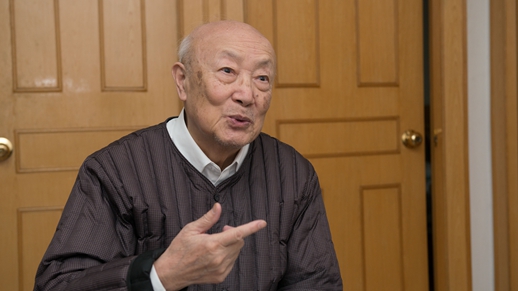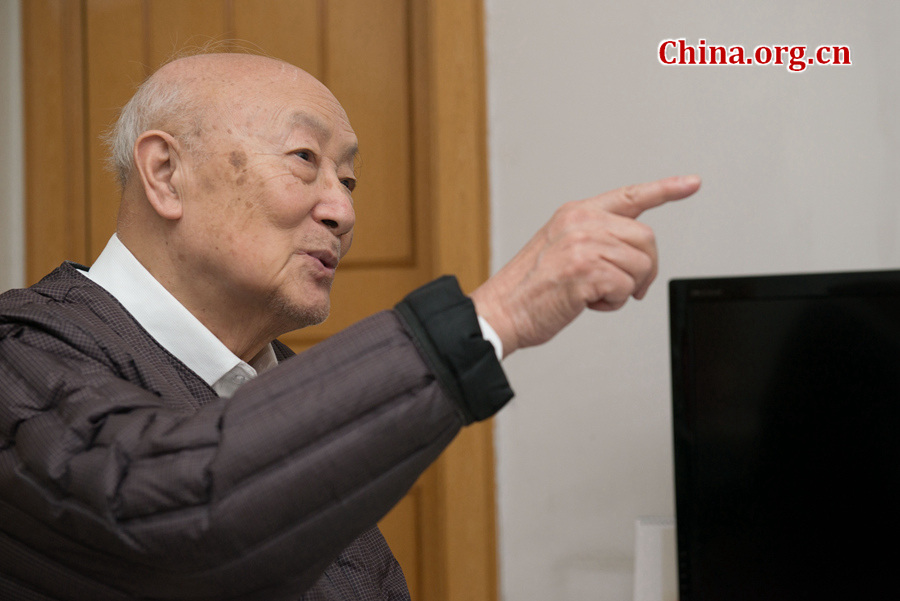Tu An: Portrait of a poet and translator
- By Li Xiao, Chen Boyuan
 0 Comment(s)
0 Comment(s) Print
Print E-mail China.org.cn, May 31, 2017
E-mail China.org.cn, May 31, 2017
Editor's note: Tu An, a renowned poet, translator, art critic, editor and publisher, was born in 1923 in Changzhou of Jiangsu Province. He attended Shanghai Jiao Tong University and went on to hold various positions such as editor at Xiqu Bao (Opera semi-monthly) published by Eastern People's Publishing House, member of the standing editorial committee/director of the editorial department at Xiju Bao (Opera Monthly), deputy director of the Research Studio of the China Theatre Association, director of the editorial department for modern literature of People's Literature Publishing House (PLPH), and later the editor-in-chief and Party secretary of PLPH. His works include Collected Poems from the Xuan Yin Garret, Sonnets by Tu An, Confessions of a Mute Minstrel, Late Autumn as Early Spring, Essays on Poems, Essays and Theatre, and A Late Night Poem Reading for Her Son in the Crimson Light. His translations include Drum-Taps by Walt Whitman, The Sonnet Collection of William Shakespeare, A Child's Garden of Verses (poems for children written by Robert Louis Stevenson), 100 Great English and American Poems for Children, Selected Poems of John Keats, Selected Poems of Great Britain, and A Selection of English Modernist Poetry. In 2010, he received a Lifetime Achievement Award from the Translators Association of China (TAC).
On April 19, 2017, the 94-year-old Mr. Tu talked with a journalist from China.org.cn in his Beijing apartment, sharing his thoughts on writing and translating poetry, an art he has loved throughout his life.
| Born Jiang Bihou, Tu followed the example of Lu Xun in regard to a pseudonym -- Tu as in his mother's family name, and An he took from the Origin of Words that documented Tu'an as a two-character surname. (Translator's note: most modern Chinese surnames consist of a single character, whereas the two-character surnames were considered more common in the ancient society and among some ethnic groups. Allegedly those who carried these names changed them to one-character surnames to fit in social changes, which probably explains why the old-style surnames are rare now.) He also liked An for its meaning as to "stand proudly against the reactionaries." That's how his pseudonym emerged. The poet Nie Gannu once joked about Tu's pen name by referring to an infamous treacherous minister, Tu'an Gu. He asked Tu why he would name himself after such a villain. Tu responded: "Tu'an is an ancient surname, and one black sheep in the family doesn't blacken all others. You are looking at an elephant through a spyhole." Nie burst into laughter. [Photo by Chen Boyuan / China.org.cn ] |






Go to Forum >>0 Comment(s)